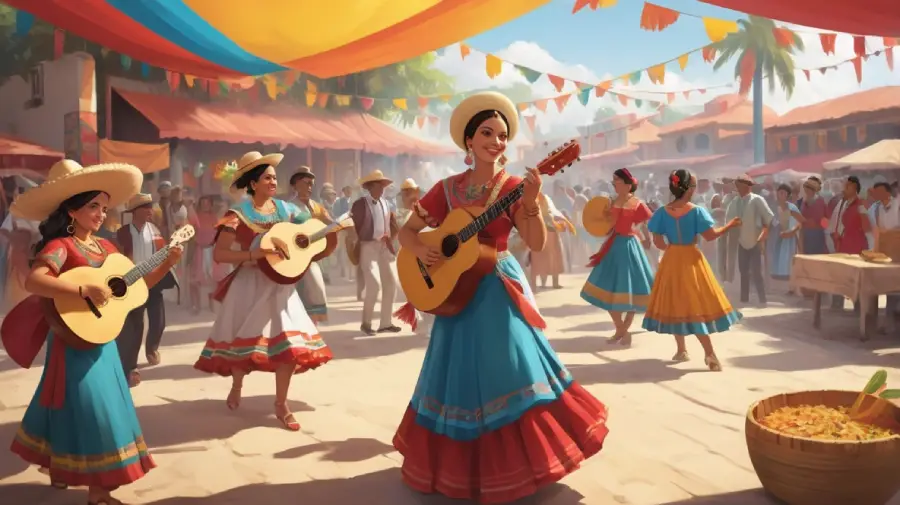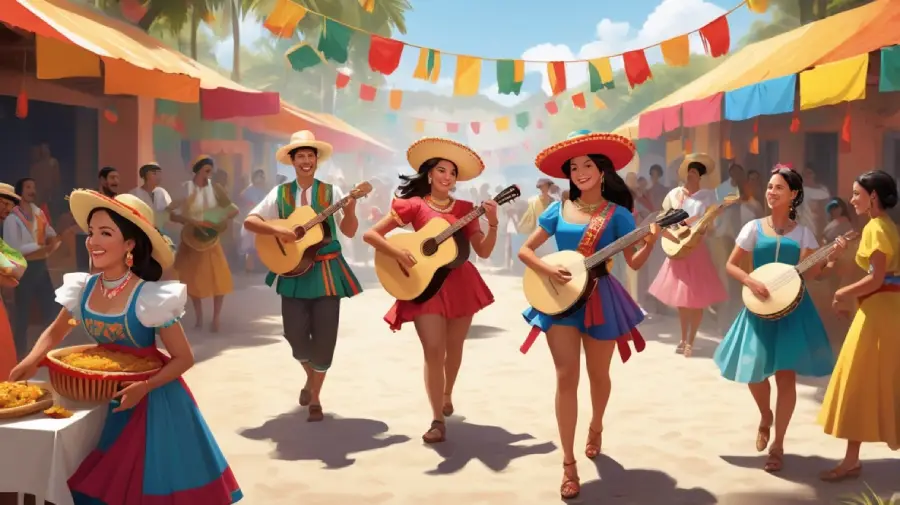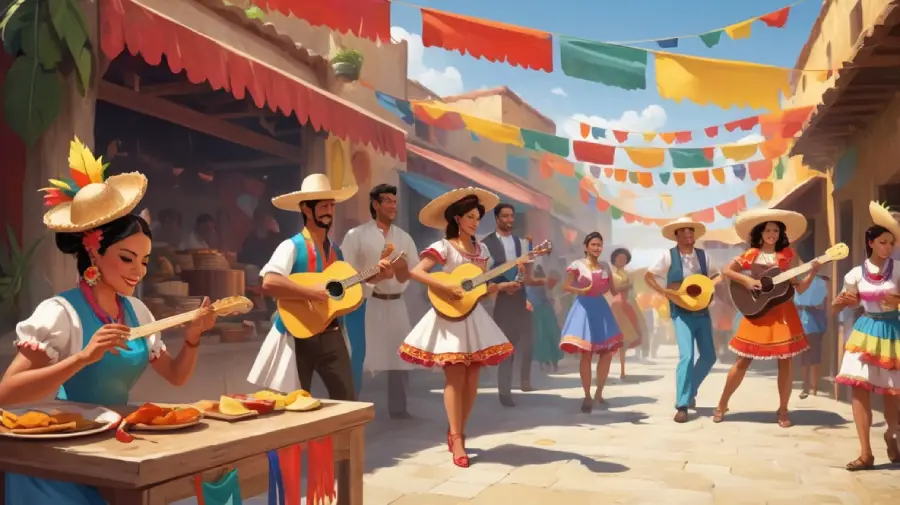National Hispanic Heritage Month: Celebrating Culture, History
Celebrating National Hispanic Heritage Month: A Tribute to Culture and Contributions
National Hispanic Heritage Month is a time to honor and celebrate the rich history, culture, and contributions of Hispanic Americans to the United States. Spanning from September 15 to October 15 each year, this month-long observance shines a spotlight on the profound impact of Hispanic individuals and communities in shaping the nation’s identity.

Historical Background
The origins of National Hispanic Heritage Month date back to 1968 when it was first recognized as Hispanic Heritage Week under President Lyndon B. Johnson. Two decades later, in 1988, President Ronald Reagan expanded the celebration to encompass an entire month. The transition from a week-long to a month-long observance underscores the growing recognition of Hispanic Americans’ diverse contributions to the U.S.
This month commemorates milestones in the Hispanic community’s history and legislative achievements, ensuring that their stories and achievements are celebrated on a broader scale.

Significance of Dates
National Hispanic Heritage Month uniquely begins in the middle of September to honor the independence days of several Latin American countries, including Costa Rica, El Salvador, Guatemala, Honduras, and Nicaragua on September 15, followed by Mexico on September 16 and Chile on September 18.
The observance also ties into Día de la Raza (Day of the Race), celebrated on October 12, a day that reflects on the cultural fusion of Indigenous and European heritage. This date encourages reflection on the shared history and diverse cultural roots of Hispanic communities.
Themes and Celebrations
Each year, the celebration is unified by a specific theme that highlights a particular aspect of Hispanic heritage. For instance, the 2024 theme, “Pioneers of Change: Shaping the Future Together,” focuses on trailblazers who have made a lasting impact across various fields.
Communities nationwide mark the occasion with vibrant festivals, art exhibitions, educational programs, and cultural performances. Schools and universities also play a pivotal role in spreading awareness, encouraging students to learn about Hispanic history and traditions through workshops, storytelling, and interactive activities.
Contributions of Hispanic Americans
Hispanic Americans have left an indelible mark in fields such as politics, sports, arts, and science. Notable figures include Sonia Sotomayor, the first Hispanic Supreme Court Justice; Cesar Chavez, a champion for labor rights; and Lin-Manuel Miranda, the creator of the groundbreaking musical Hamilton.
In addition to individual achievements, the Hispanic population has grown significantly, now making up nearly 19% of the U.S. population. This growth underscores the community’s vital role in shaping the nation’s cultural and economic landscape.

Cultural Impact
The Hispanic community is a tapestry of diverse cultures, traditions, and languages. National Hispanic Heritage Month offers a chance to explore this diversity through music, literature, art, and food. Celebrations often feature traditional dances like salsa and flamenco, exhibitions of Latin American art, and culinary events showcasing dishes like tamales, arepas, and paella.
This month also highlights the importance of preserving and sharing oral histories, ensuring that future generations understand and appreciate their cultural roots.

National Hispanic Heritage Month is a celebration of the vibrant heritage and contributions of Hispanic Americans. It serves as a reminder of the shared histories and cultural wealth that enrich the United States.
As the month unfolds, seize the opportunity to participate in local events, explore Hispanic traditions, and engage in educational activities that deepen your appreciation of this vital community. Celebrate the pioneers, creators, and dreamers who continue to shape the future while honoring the past.


